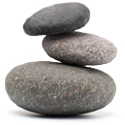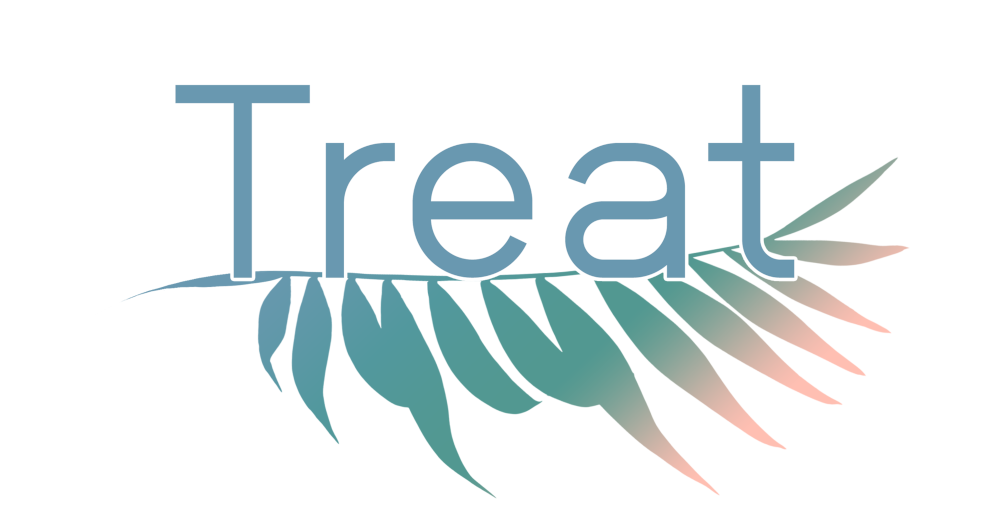King Charles and Acupuncture
Part 1: How Can Acupuncture Support a New Cancer Diagnosis
We’ve all heard the news about King Charles’ recent cancer diagnosis and we wish him well from all of us at Treat Norwich. The news has caused many ripples throughout the UK and more specifically within the medical and wellbeing community, especially given the King’s fondness for holistic treatments. In fact, it’s a well-known fact that the King has long been a prominent advocate of acupuncture and integrated health.
According to cancer charity, Macmillan Cancer Support there’s around 3 million people in the UK with cancer and this is predicted to rise to 3.5 million by 2025. We therefore wanted to dedicate a post to honour King Charles and other cancer patients, to explore how acupuncture can support those undergoing treatment for cancer.
How Can Acupuncture Help Cancer?
Although there is no evidence to show that acupuncture can help treat or cure cancer, what we do know is that it can help relieve some cancer symptoms and the side effects from treatment. Currently, research into acupuncture for cancer focuses on treating:
- Pain
- Tiredness
- Hot flushes
- Quality of life
- Anxiety and stress
- Depression and mood changes
- Chemotherapy related sickness
Cancer and Pain
One thing we do know is that acupuncture can be really supportive in reducing pain among cancer patients. As per the findings of Evidence Based Acupuncture - an organisation founded by founded by Dr Bartosz Chmielnickia – we know that a recent analysis encompassing 36 trials of over 2,200 randomised patients, revealed a substantial impact of acupuncture on alleviating cancer-related pain. The study concluded that acupuncture can have a moderate effect on relieving cancer-related pain, particularly pain associated with malignancy and surgical procedures.
While this specific review did not delve into the potential risks associated with acupuncture treatment, other studies in different contexts have suggested that acupuncture is a viable and secure therapeutic option. Its low-risk profile makes it a feasible choice for managing symptoms in cancer patients, contributing to its potential effectiveness in symptom management. Hopefully this is reassuring news to those experiencing pain during cancer treatment at present.
Cancer and Fatigue
Another thing we know acupuncture can support is helping cancer patients with fatigue. Chinese researchers have discovered that integrating acupuncture into the care of individuals with palliative cancer can serve as a valuable complementary strategy for easing fatigue. In a randomised pilot trial involving 28 lung cancer patients grappling with cancer-related fatigue (CRF), participants were randomly assigned to undergo either authentic acupuncture or placebo acupuncture (employing a non-penetrating placebo needle at the same specified points). The treatments were administered twice a week over a span of four weeks. Results indicated a significant reduction in fatigue scores after two weeks of genuine acupuncture in comparison to the placebo group. By the sixth week, encompassing two weeks post-treatment, individuals in the acupuncture group demonstrated further enhancements in symptoms compared to those in the placebo group.
Reducing Inflammation
Acupuncture can also help to reduce inflammation. Inflammation is the body's way of defending itself, and it plays a big role in many diseases. When you're sick, a moderate amount of inflammation helps your body recognise and deal with the problem. For example, it helps limit the spread of harmful microorganisms during infections. White blood cells, called leukocytes, are like the body's defenders. They can kill germs, remove dead tissue, and help fix damaged areas.
Recent research from the past five years shows that acupuncture has strong anti-inflammatory effects in various parts of the body, like the immune system, digestion, respiratory system, nervous system, muscles and bones, circulation, hormones, and the urinary/reproductive system. Acupuncture works by regulating different types of immune cells, such as macrophages, granulocytes, mast cells, and T cells, to reduce inflammation.
In a 2014 study, researchers revealed that electroacupuncture (a modern version of traditional acupuncture using electrical stimulation) can reduce cytokine storm in mice through activating the vagal-adrenal axis - a pathway wherein the vagus nerve signals the adrenal glands to release dopamine. (Did you know that here at Treat, we offer a similar approach which uses acupuncture and a Tens machine, to provide extra stimulation to acupuncture points.)
Undergoing Cancer Surgery
Prior to surgery, acupuncture may help in reducing preoperative anxiety and managing pain through mechanisms such as modulating the nervous system's response and promoting the release of endorphins. By targeting specific acupoints, acupuncture aims to support the body's natural healing processes and enhance overall comfort. Following surgery, acupuncture may aid in pain relief, inflammation reduction, and mitigating side effects like nausea and fatigue, potentially improving the patient's quality of life during the recovery period. While more research is needed to fully understand its mechanisms, acupuncture is increasingly recognised in Western medicine as a valuable adjunctive treatment in the comprehensive care of cancer patients undergoing surgery and subsequent treatment.
Coping with a New Diagnosis of Cancer
If you’ve recently been diagnosed with cancer, or perhaps you are living with secondary cancer, acupuncture can help manage your diagnosis and improve the quality of life and general health. From a Western medical perspective, acupuncture can address various physical and psychological aspects of their health. General health improvements may stem from acupuncture's potential to stimulate the release of endorphins, the body's natural painkillers and modulate the autonomic nervous system.
In the context of cancer-related stress and anxiety, acupuncture has been associated with a reduction in sympathetic nervous system activity and cortisol levels, promoting a more relaxed state. The mood-enhancing effects of acupuncture may be linked to its impact on neurotransmitters such as serotonin and dopamine.
By targeting specific acupuncture points related to sleep regulation, acupuncture might contribute to better sleep quality, addressing a common concern for individuals undergoing cancer treatment. While acupuncture is not a standalone cancer treatment, its potential benefits in managing symptoms and improving the overall wellbeing of cancer patients make it a complementary approach worthy of consideration in collaboration with conventional medical care.
As always, it's important for individuals to consult with their oncologists to integrate acupuncture safely into their comprehensive cancer care plan.
If you’d like to find out more about how acupuncture can support your symptoms or side effects of treatment, please do get in touch and one of our acupuncturists would be happy to find a range of acupuncture points best-suited to your situation.
About Treat
Treat is a Norwich-based Health & Wellbeing Clinic. Founder and acupuncturist - Rebecca Geanty started Norwich Acupuncture Rooms in 2011. Offering a cross section of therapies and a community multi-bed clinic. Today Treat therapists offer over 50 different health and wellbeing therapies and beauty services. treatnorwich.co.uk


